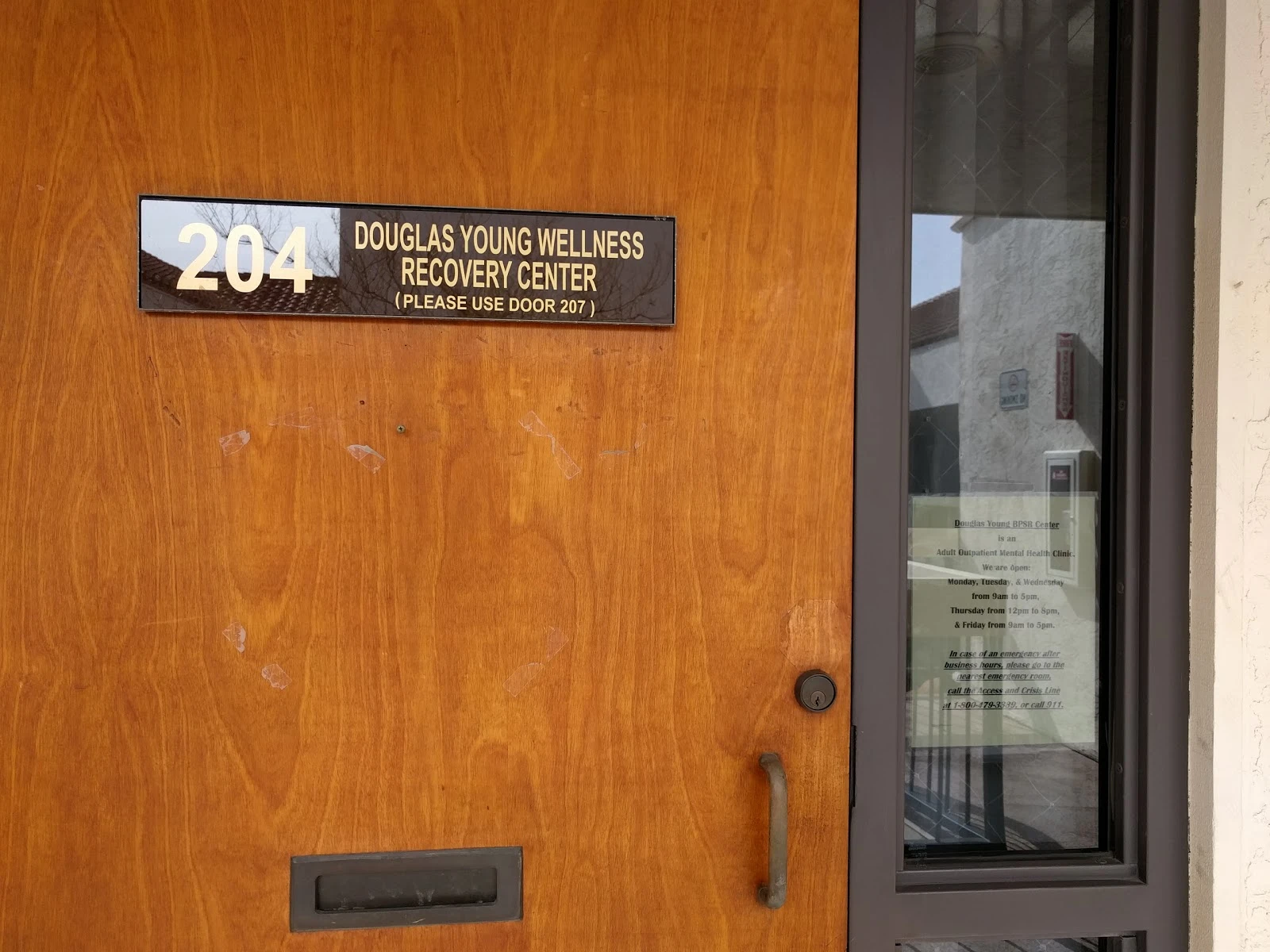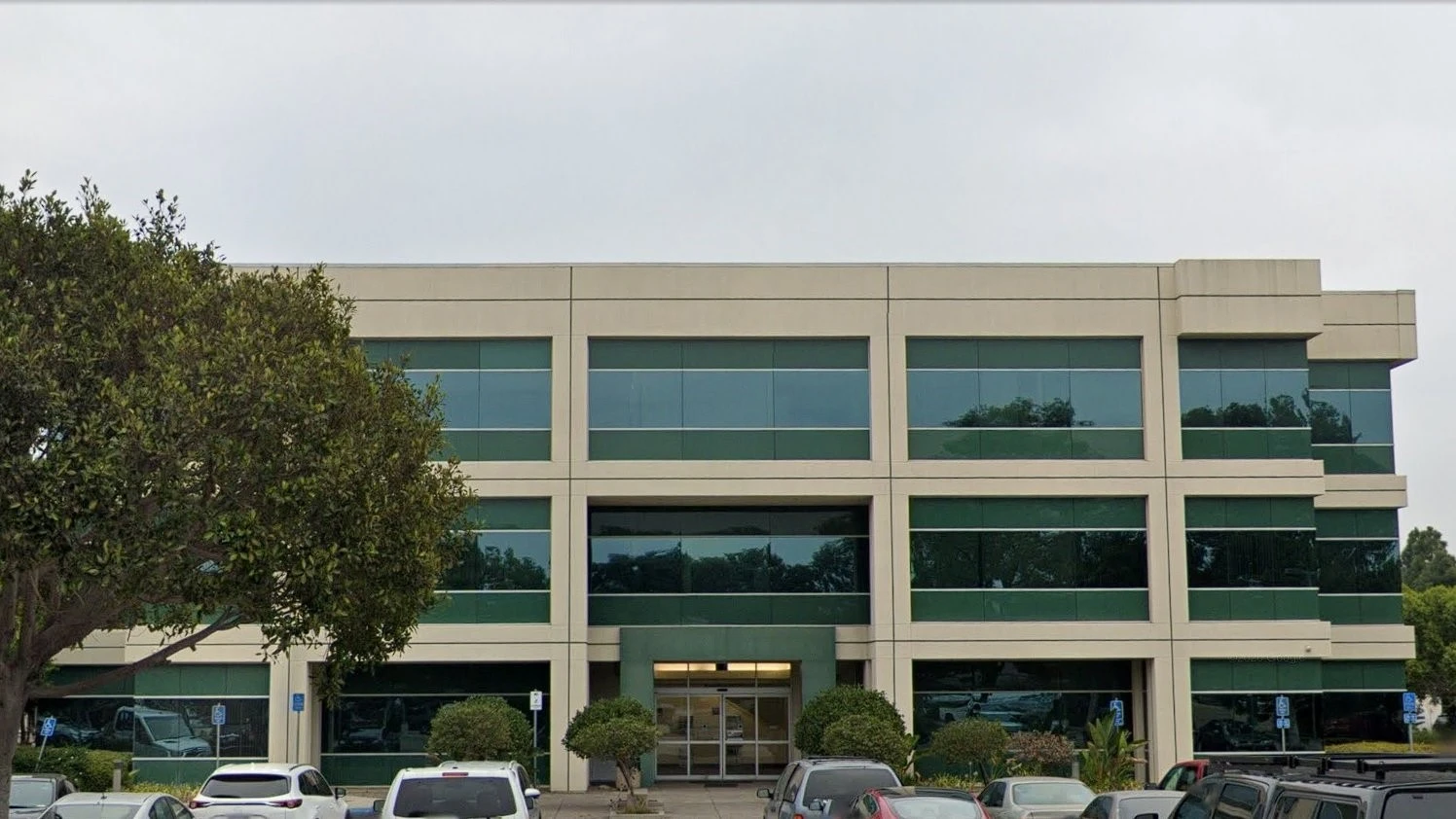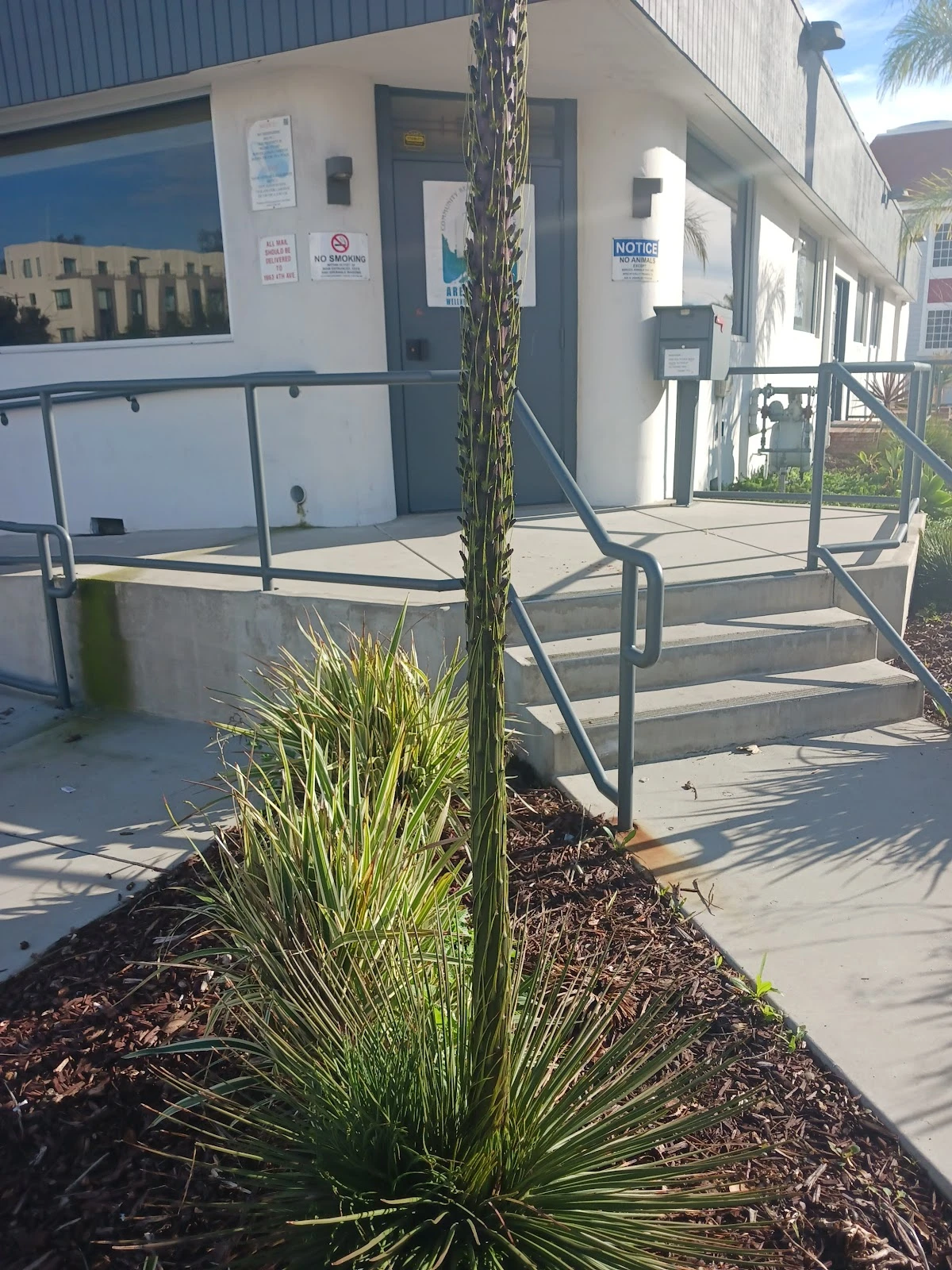Casa Pacifica Information
Treatment
Who We Treat
- Male and Female
Treatment Focus
- Anxiety
- Depression
- Schizophrenia
- Bipolar
- Medicaid
Approaches
- Individual Treatment
- Evidence-Based
- Medical
- Family Therapy
- Group Therapy
- Trauma Informed
- Cognitive Behavioral Therapy (CBT)
- Dialectical Behavior Therapy (DBT)
- 1-on-1 Counseling
- Nutrition Counseling
- Life Skills Training
Conditions We Treat
- Depression
- Anxiety
- Bipolar Disorder
- Post Traumatic Stress Disorder (PTSD)
- Trauma
- Psychosis/Schizophrenia
- Schizophrenia
- Bipolar
- Co-Occurring Disorders
Languages
- English
- Spanish
Aftercare
- Outpatient Treatment
- Support Meetings
Experience
On-Site Amenities
- Lounge
- Outdoor Space
- Access to Nature
Personal Amenities
- Private Rooms
Off-Site Amenities
- Beach Access
On-Site Activities
- Games
Off-Site Activities
- Beach Walks
- Swimming
- Water Activities
Smoking and Vaping Policy
- Smoking Not Allowed
- Vaping Not Allowed
Additional Locations
Casa Pacifica Accepts The Following Insurance Plans
Find the best treatment options. Call our free and confidential helpline today!







